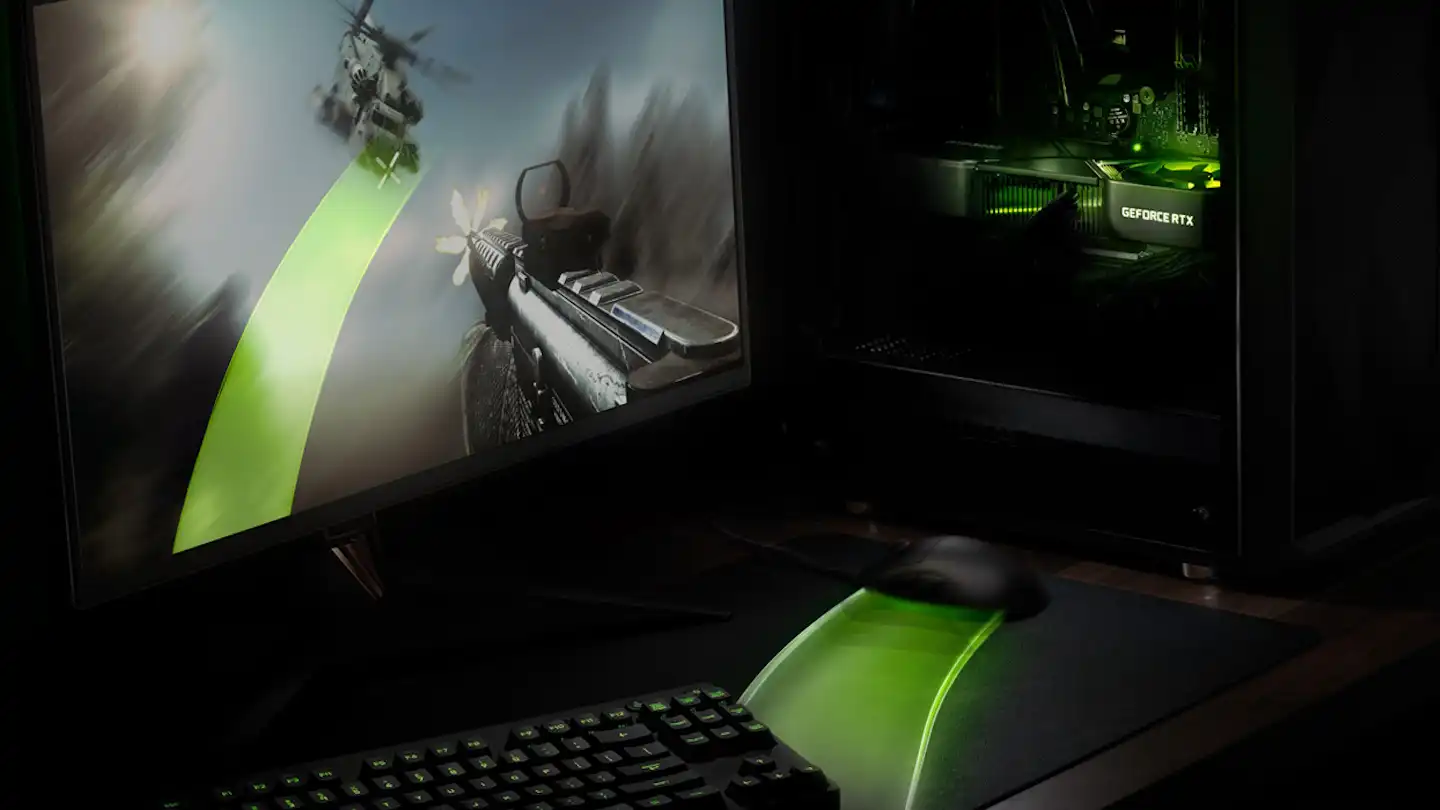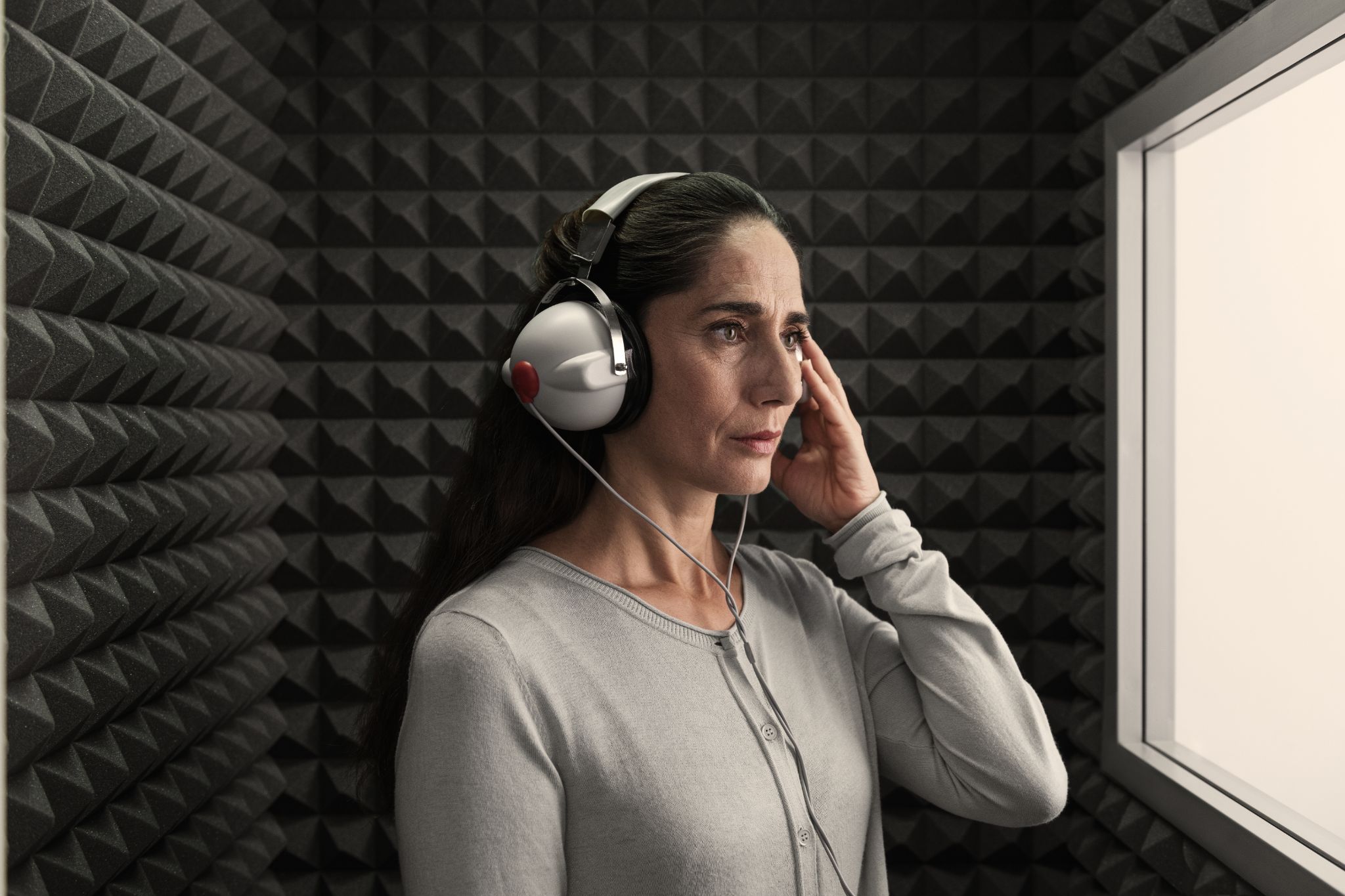These tips will definitely set you on the right path.
Before you buy a new graphics card (GPU), you need to make sure that it’s compatible with your system. Not only does your PC case need enough space to accommodate the GPU, but the power supply also needs to have the right connections. This is important if you’re building your own gaming PC from scratch. Read on to learn more.
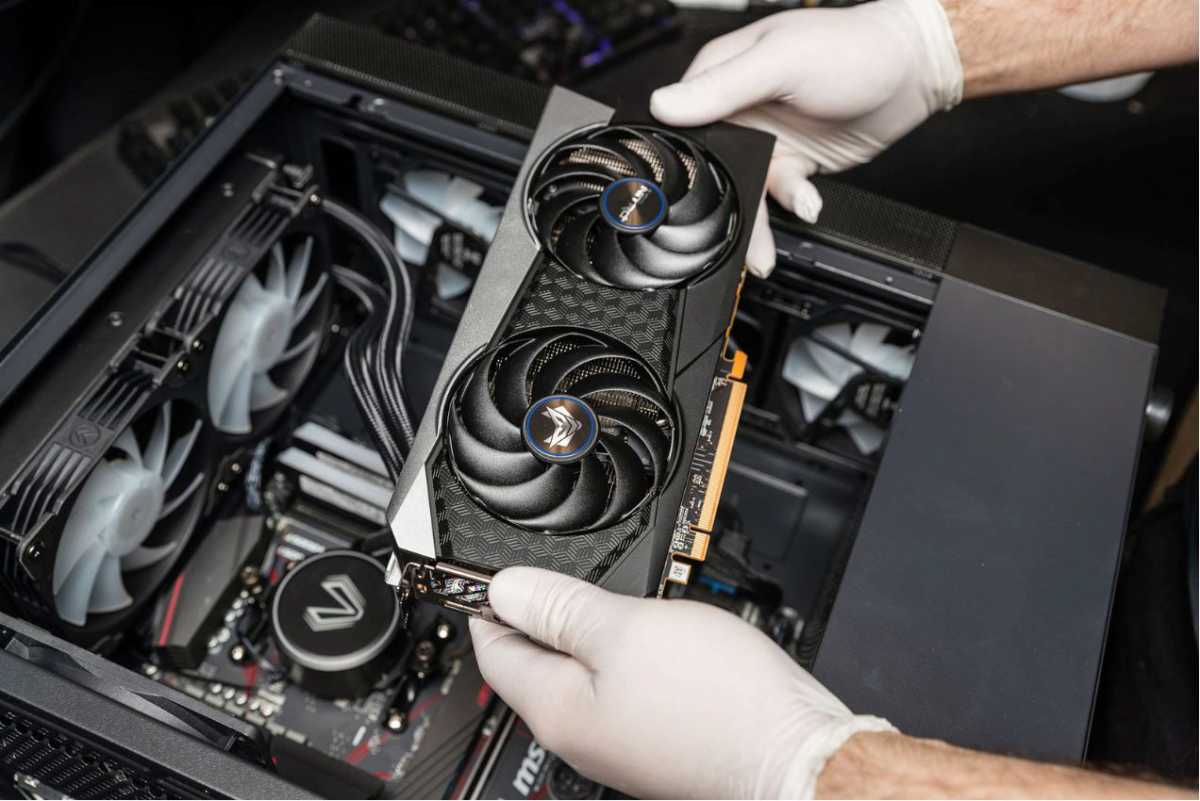
Sufficient power for the power supply and PCIe slot compatibility
It’s important that your power supply has the right connections (6-, 8-, or 12-pin) to supply the GPU with sufficient power. The GPU must also be compatible with the PCIe slot on your motherboard. Ideally, the PCIe version of your motherboard should match that of your new GPU to ensure the best possible performance. Older motherboards may have lower PCIe data transfer rates, which can limit the performance of the graphics card. Check the PCIe version of your motherboard on the manufacturer’s website.
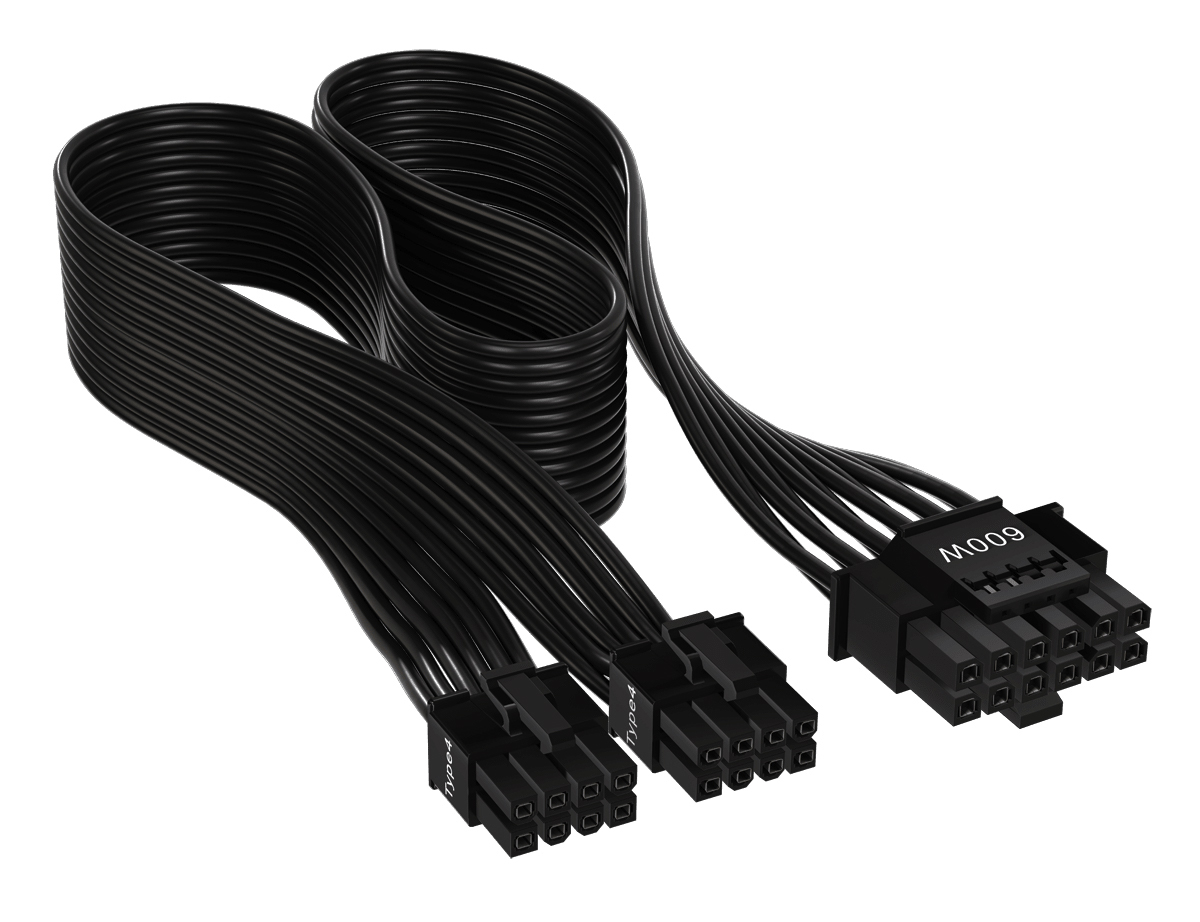
PC case needs to be big enough to accommodate the GPU
There must be enough physical space in your PC case to install the new graphics accelerator. Measure the available space and compare it with the dimensions of the GPU, which you can find out from the manufacturer’s website. You should also make sure that there is enough space for airflow to avoid overheating. Only with good air circulation can the GPU and neighboring components such as the CPU and RAM be cooled efficiently.
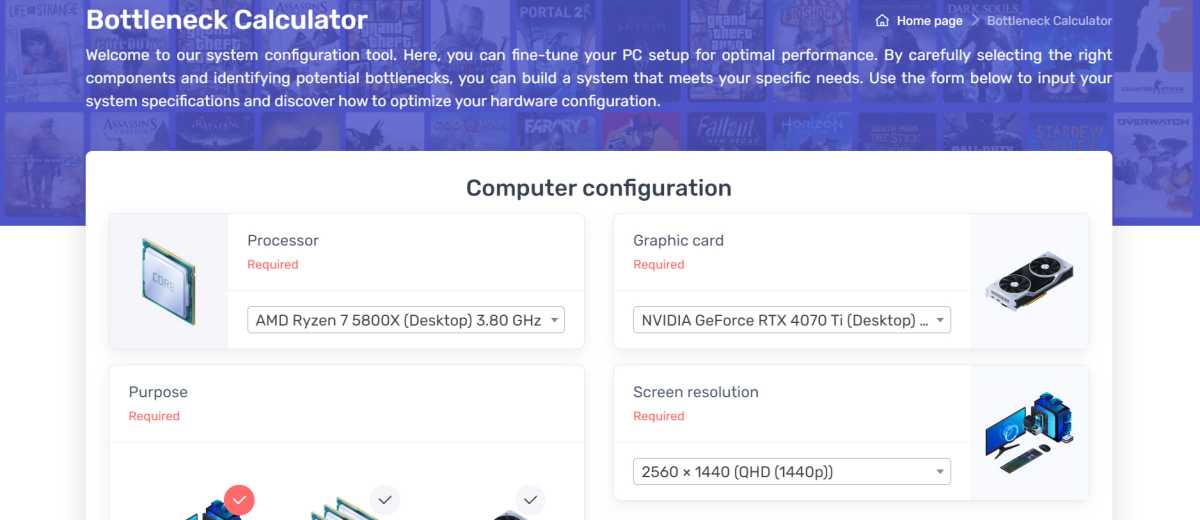
Watch for outdated components
It’s important to check other potential bottlenecks in your system. For example, a powerful graphics chip can be slowed down by other outdated components such as a slow processor. Use so-called bottleneck calculators from the Internet (such as www.pc-builds.com) to check compatibility. At the same time, you should expect to upgrade other components in order to maximize overall PC performance. Please note: Such calculators only provide rough guide values. However, they are recommended for an initial assessment.
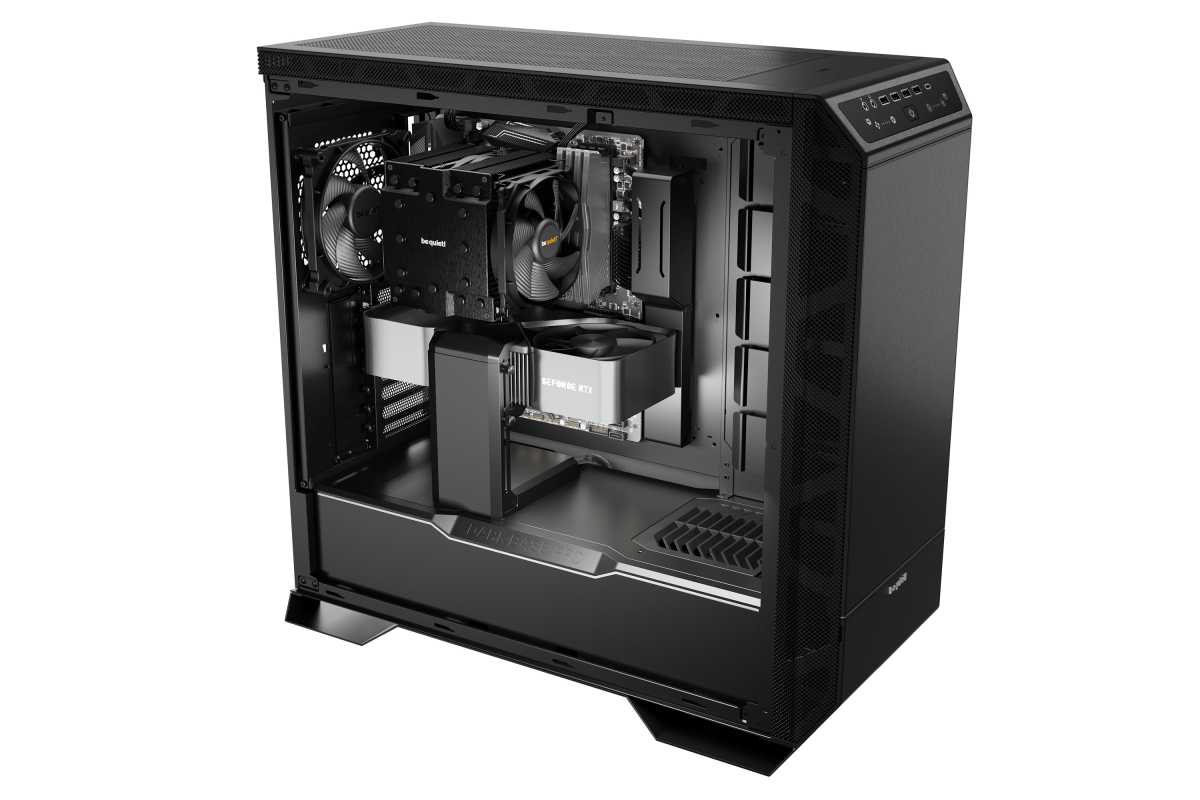
More demanding games require a GPU that can keep up
Finally, you should consider the demands you place on the GPU. For demanding gaming, you should opt for a more powerful GPU. At the same time, a less powerful model will suffice for everyday tasks or budget PCs. By making these considerations before buying a new GPU, you can ensure that your system is ready and you will be able to realize the full potential of your investment.

